When making wines in different areas are there set characteristics that run though all your wines? Is there a Mac Forbes style?
Farm to allow the vines to adapt to site and better express soil types. From this foundation, all decisions are to allow soils to shine.
What has the biggest influence on the wines you make – the soil, vines, climate?
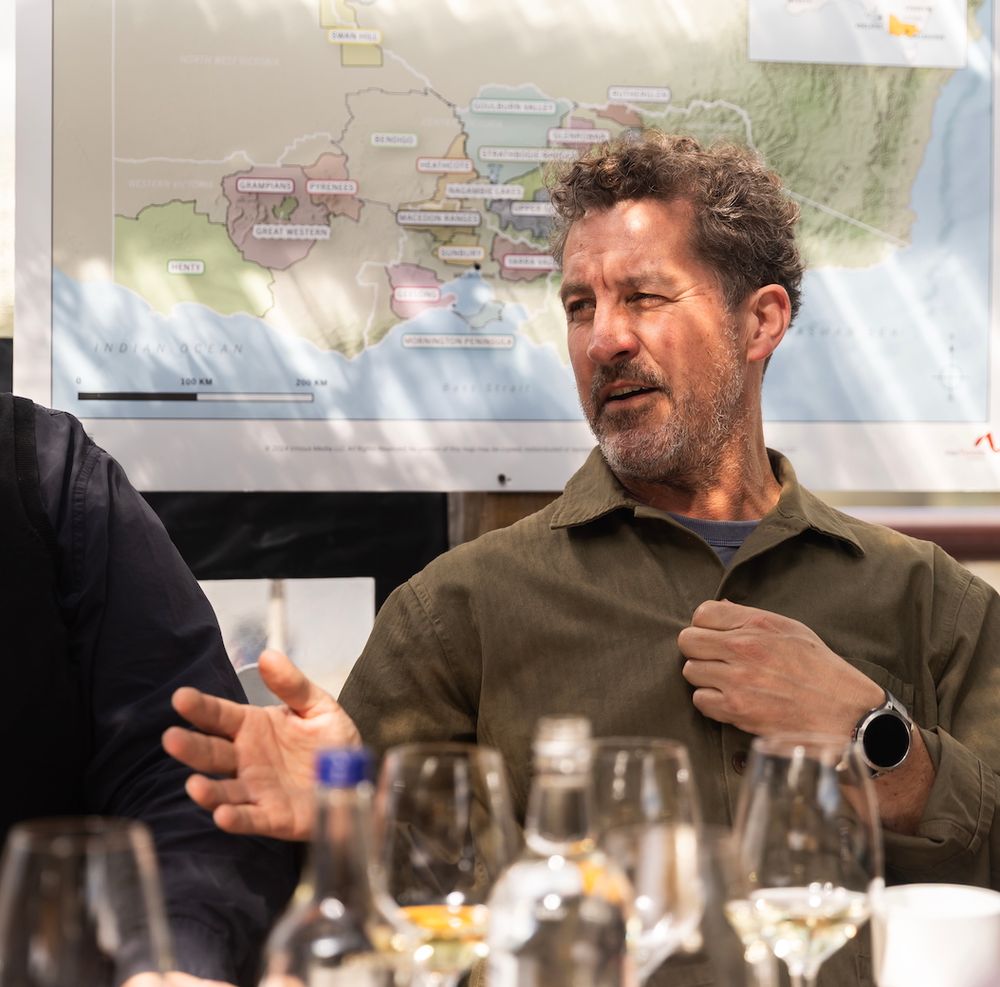
Mac Forbes took part in the recent The Buyer debate on wines from the Australian state of Victoria
It’s impossible to separate any one influence above the rest. Weak soils, unhealthy soils, weak vines, extreme conditions all play a part. But healthy resilient vines are the best starting point.
Who has had the biggest influence on the wines you make?
We take a lot of inspiration from producers from the mid to late 20th century when older practices and cooler, later seasons were commonplace. So whether it’s great wines from Europe or from Australia, there is a lot to be inspired.
What do you find most rewarding about being a winemaker?
Just how humbling this caper is when you need decades to really understand your own backyard. When handing the baton to the next generation becomes a consideration, the ego is well and truly stamped out.
Has that changed over the years the more experience you have got?
Yes, it just gets more humbling. You also realise how much you depend on a team of people who share the vision and commitment to best path forward.
What are the biggest challenges you face now vs 10 years ago?
I think the challenges come from everywhere. Market pressures globally now is clearly a challenge. But equally to establish a wine business built on proper foundations takes decades.
With 21 harvests behind us I think we need a few more years to really become resilient as a business.
Tell us about your new project in Mt Toolebewong? What are you doing there?
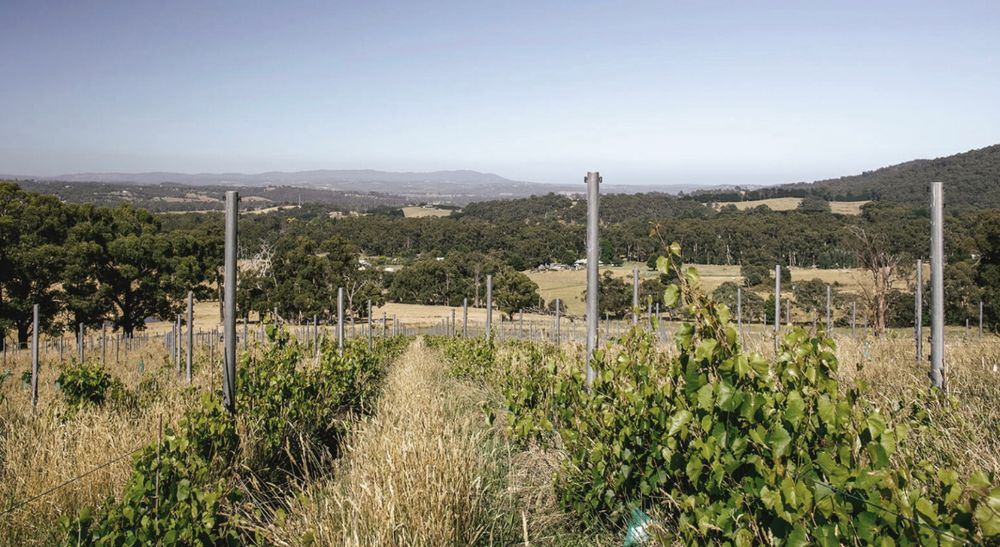
The Don Valley site is one of the new projects for Mac Forbes in the Yarra Valley
Like most of our projects, we are focused on working with the land and building a resilient farm system whereby the vines and wines are part of a much more complex system. The wine is the by-product of such an undertaking and not the sole focus.
Why do you think the conditions are right for vine growing and winemaking?
We chose the Don Valley site due to the striking conditions that offers so much in hot and dry seasons. With 1000m of forest above the block, with the lowest solar irradiation of all Yarra Valley sites, no northerly winds and morning shade, we have a site that offers so much protection and relief.
This vineyard was 14 years in the making. Since 2005, we have been searching for a site on the south facing slopes of the dividing range on Mt Toolebewong. In early 2017, a 30 year lease was signed on this 4Ha property. An elevation of 250m, protection from northerly winds, and a range of rocks including sedimentary and volcanic make this site exciting looking to the future. It’s where we were able to plant Chenin Blanc, Pinot Noir, Nebbiolo back in 2017.
Have you made Chenin before – what sort of Chenins do you think you can make?
We have been making Chenin since 2015 at our Wesburn vineyard). Our Chenin structures and profiles are unique but certainly seems to sit closer in profile to Loire Chenin rather than the other benchmark of South Africa.
Chalky structure, restrained fruit and wonderful dynamics of length and tension define our Chenin Blancs.
How different from your usual wines will they be?
Actually the Chenin seems to be in wonderful keeping with our approach with some skin contact and oxidative handling at juice. Old Oak is the core maturation vessel in the winery so this also seems like a perfect fit for the Chenin B.
What is it about the Yarra Valley that still excites you?
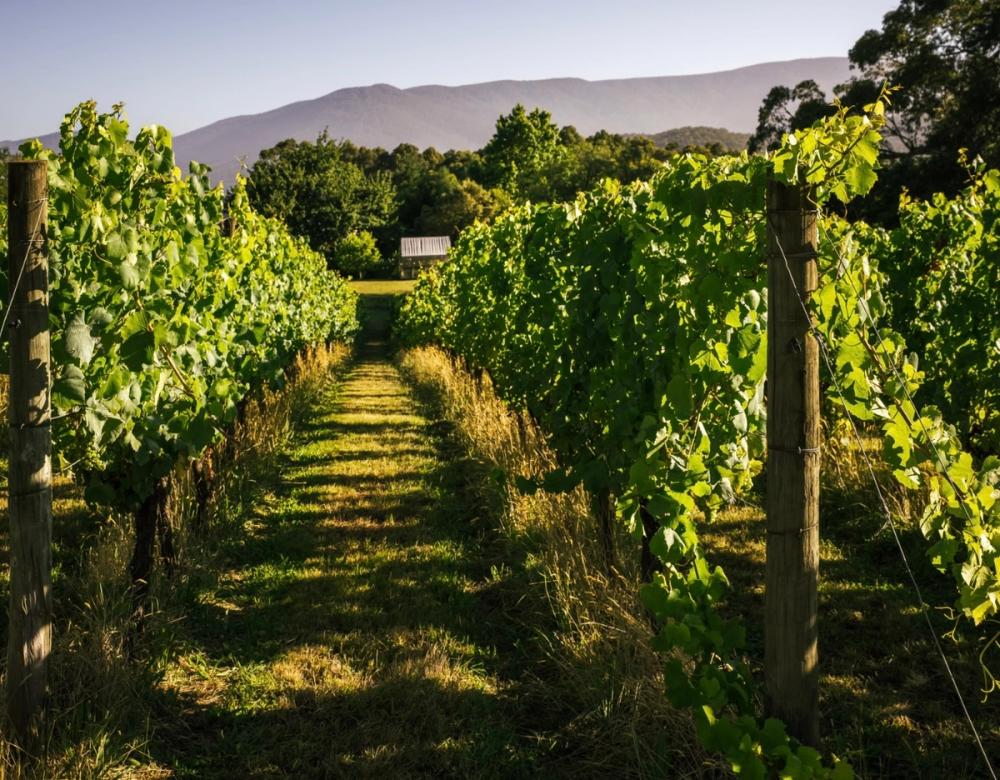
The Yarra Valley offers so much diversity in terms of soils, vines, and varieties for winemakers to work with says Mac Forbes
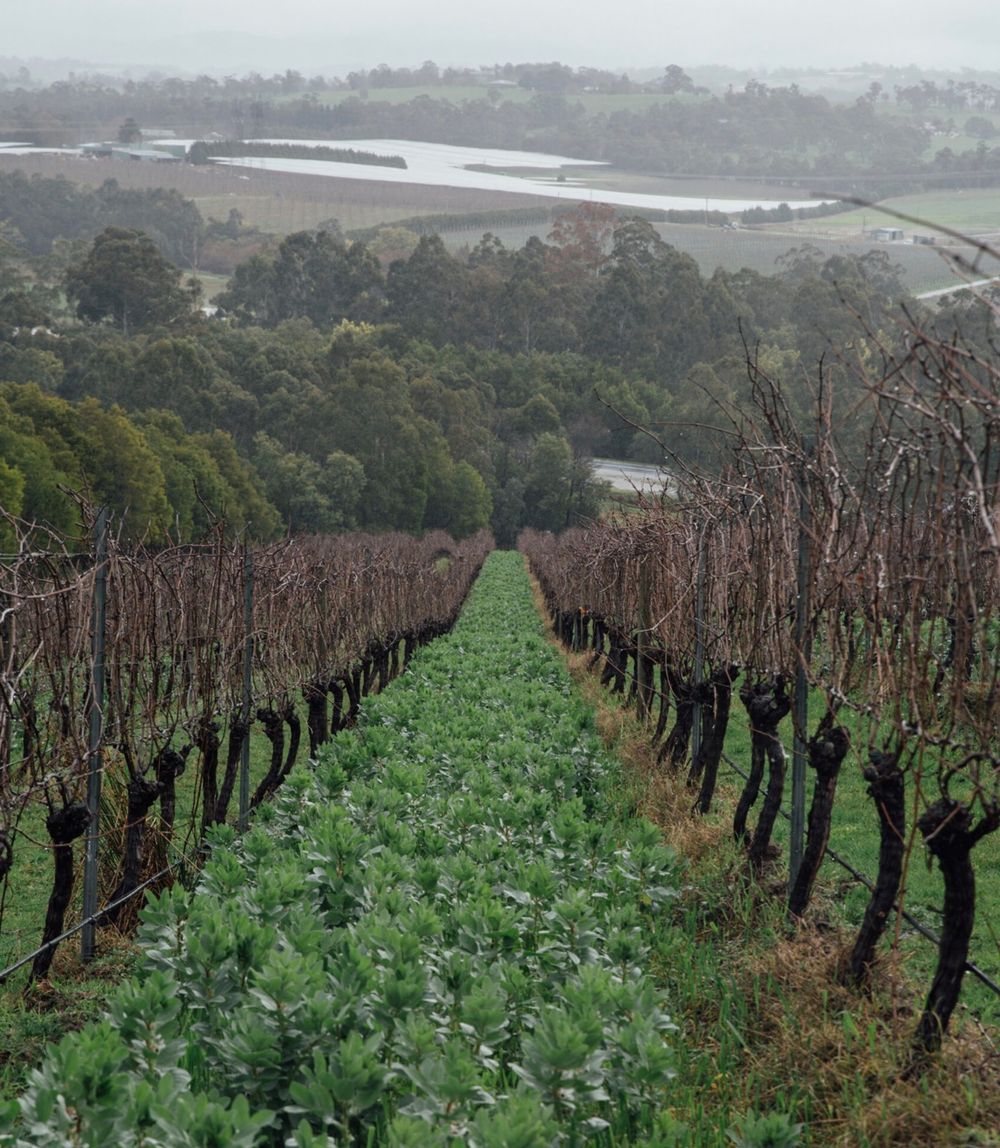
Much like Don Valley offering so many different influences, the biggest excitement for us stems from the potential of the region to host vines in a massive array of climates, soils, conditions. There are many parts of the region that haven’t been planted to vines yet that may end up being the most exciting pockets of the Yarra in decades to come.
How are global sales going – what are the key markets for you and how are they growing?
Most markets are down so the bottom line is we need to care about all our business partners, continue to invest in those relationships and most importantly be strong and clear about our strengths. Trying to be everything to everyone is a great way to get lost in the sea of wines out there.
What do you think of the UK market and what opportunities do you still think you have here?
I think the UK is a wonderful market for many Australian producers. Long standing relationships, shared values and humour underpin a long-standing level of love and respect between the countries.
For Victoria, I think we need to focus on regions and not the State. I think our reinforcement of these premium regions that all have such strong DNA is critical to the messaging and long term embracing of the UK trade.
Overall thoughts on Australian wine sector and what it needs to do to get through its current issues?
My view is let’s not get caught in a race to the bottom as we can’t win on price but we can on stories, on wine quality and our people.
Emotion and people are always how we should sell and promote our wines.
* You can find out more about Mac Forbes and his wines here.

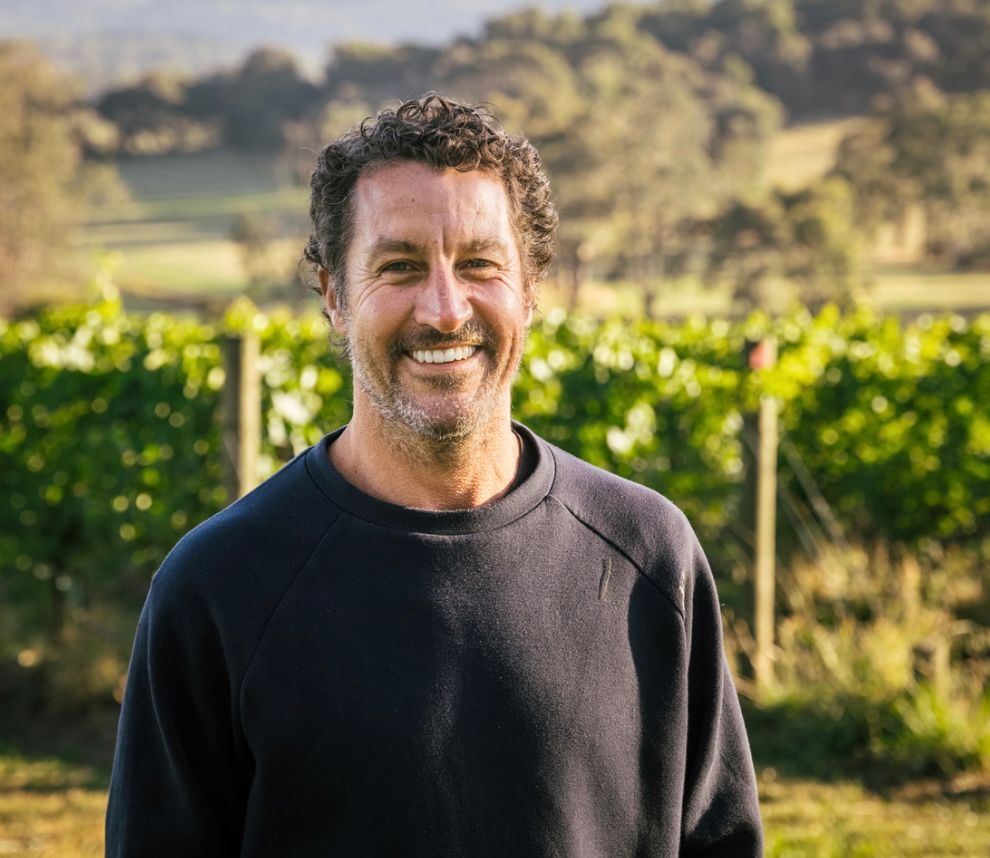
Dining and Cooking